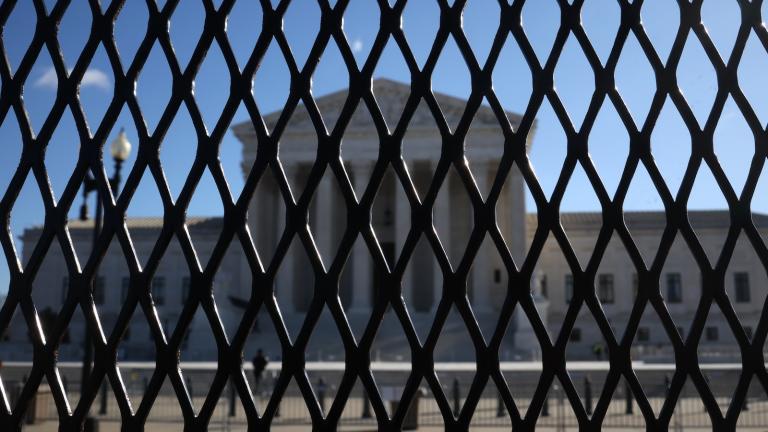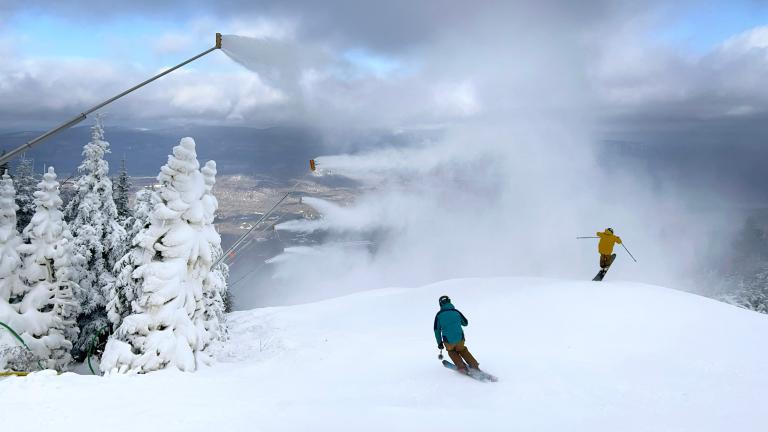Over on Huffington Post, Frank Carlson has a story revealing that Richard Sandor, the founder of the Chicago Climate Exchange, supports McCain’s cap-and-trade system over Obama’s — that is to say, he supports giving pollution permits away rather than auctioning them.
The story reveals that neither Carlson nor Sandor understands the difference very well.
Here’s how Carlson frames it:
McCain says he would dole out permits in much the same way proposed by the Climate Security Act of 2007. … Give the great majority of the permits away, and let the market set the price to support investment.
…
If you favor a more free market approach, McCain’s plan may be for you because the government would collect far less money from businesses for redistribution. But if you’re spooked by special interests, political favors for lobbyists and political corruption–as McCain says he is–then perhaps you side with Obama’s strategy.
For the life of me, I can’t understand why giving away enormous chunks of public value to private actors is supposed to be the more "free market approach." It’s called privatizing profit and publicizing risk, which is a feature of crony capitalism but not of open, competitive markets.
Sandor gets it even more wrong:
"If you look at full auctioning of permits, what happens?" Sandor asked reporters during a recent interview at his office near the Board of Trade in downtown Chicago. "The day that they are auctioned, you have a net transfer of wealth from the private sector to the public sector at that moment. What, then, happens to climate change? Nothing has happened. You have just had a transfer of wealth."
This gets the sequence of events totally wrong. Here’s how it goes:
- Throughout the Industrial Age, there has been an enormous transfer of wealth from the public sector to private corporations, in the form of free use of the atmospheric commons.
- Via cap-and-trade, the public sector is going to start charging for use of the atmospheric commons. At that point, it has a decision to make about how best to invest those revenues.
- Fossil companies — and Sandor — argue that the money should be given right back to the polluters. They argue, in effect, that we should take these enormous implicit subsidies and effectively formalize the arrangement. We would then ratchet down those subsidies slowly, to protect the delicate constitution of private energy companies.
- Obama argues for a range of investments that will produce more value for the public, in terms of public health and economic resilience, than plowing money back into polluters. He proposes, in other words, to end the subsidies.
So Sandor is wrong in two ways. First, the transfer of wealth he alludes to is the public charging the private sector for a previously free service, not simply appropriating profits out of the blue. Second, that’s not where it stops. ("Nothing has happened.") The government doesn’t just sit on the money. It invests the money. That’s when things happen.
To summarize: massive implicit subsidies to polluting industries is not the "free market approach," it is a market failure. Ratifying that market failure in law doesn’t make you a free marketeer, it makes you a shill for corporate interests.
I can forgive Carlson for not seeing through this BS — you have to get a bit in the weeds — but Sandor should know better.


